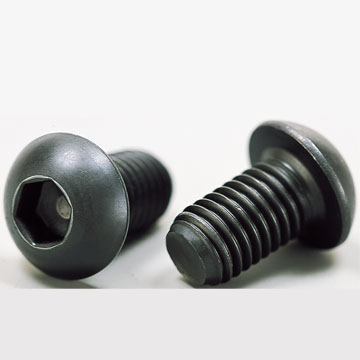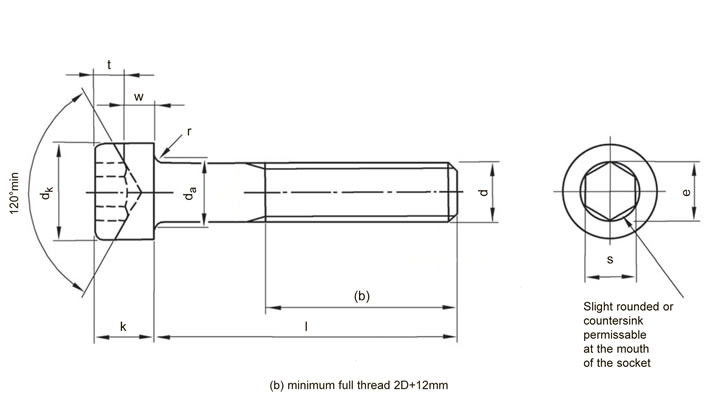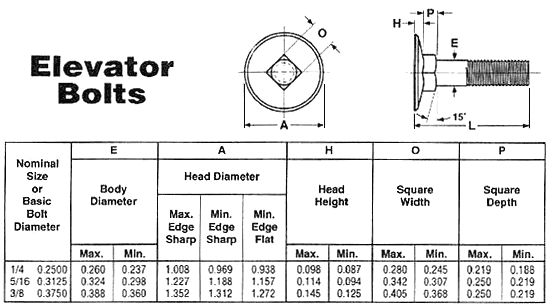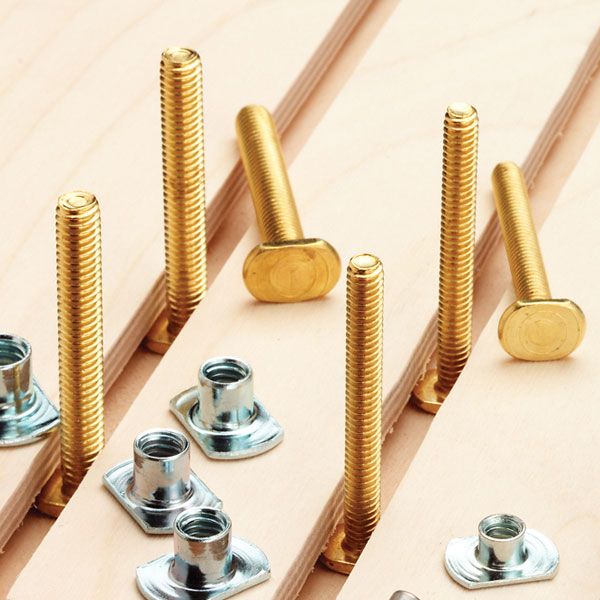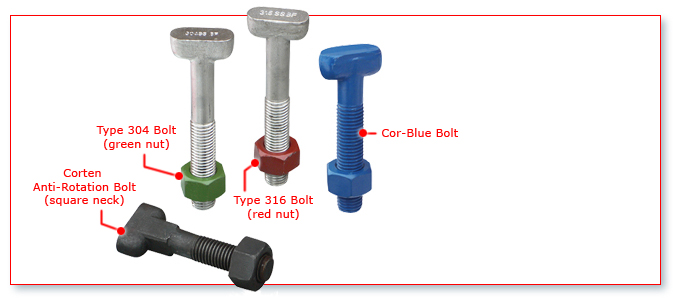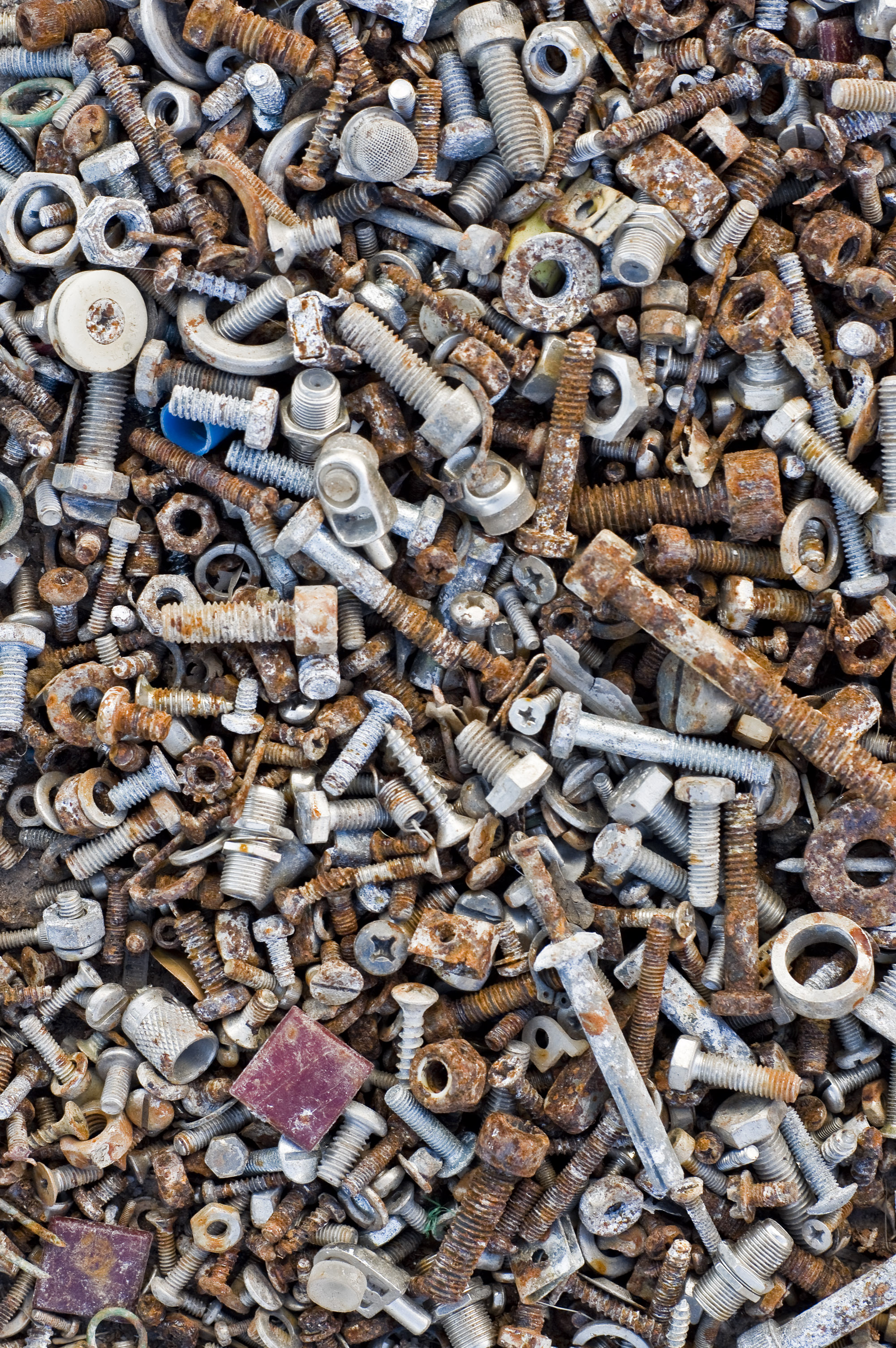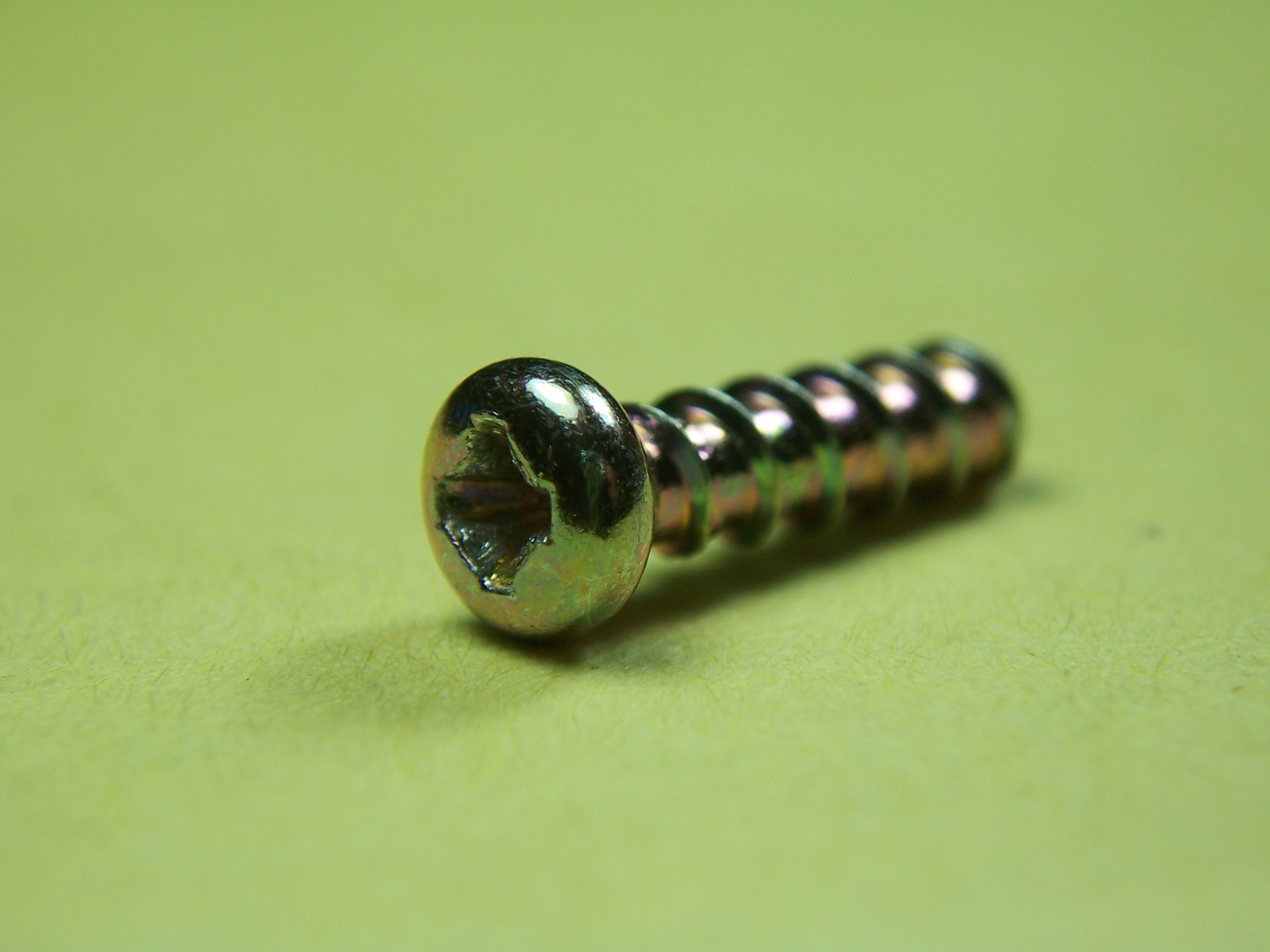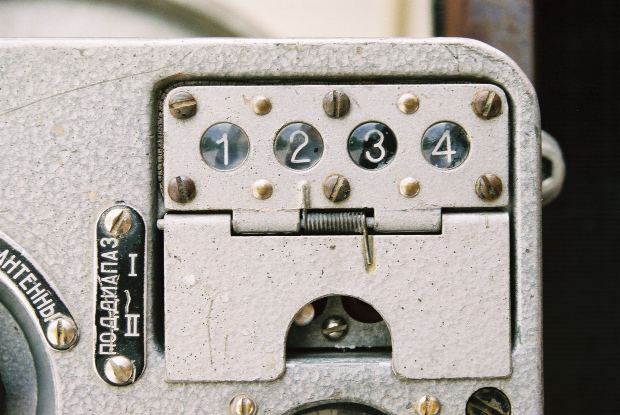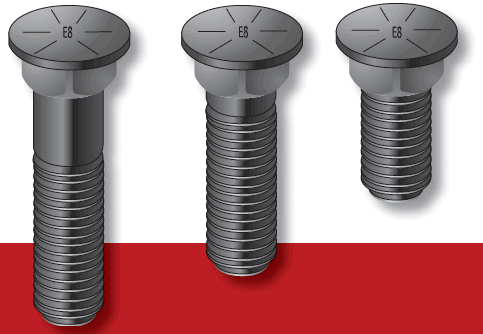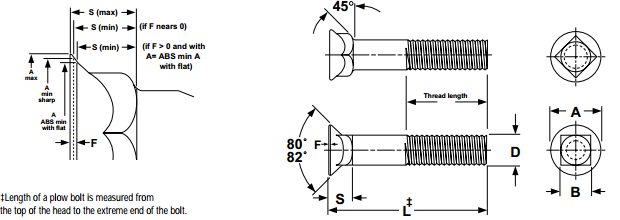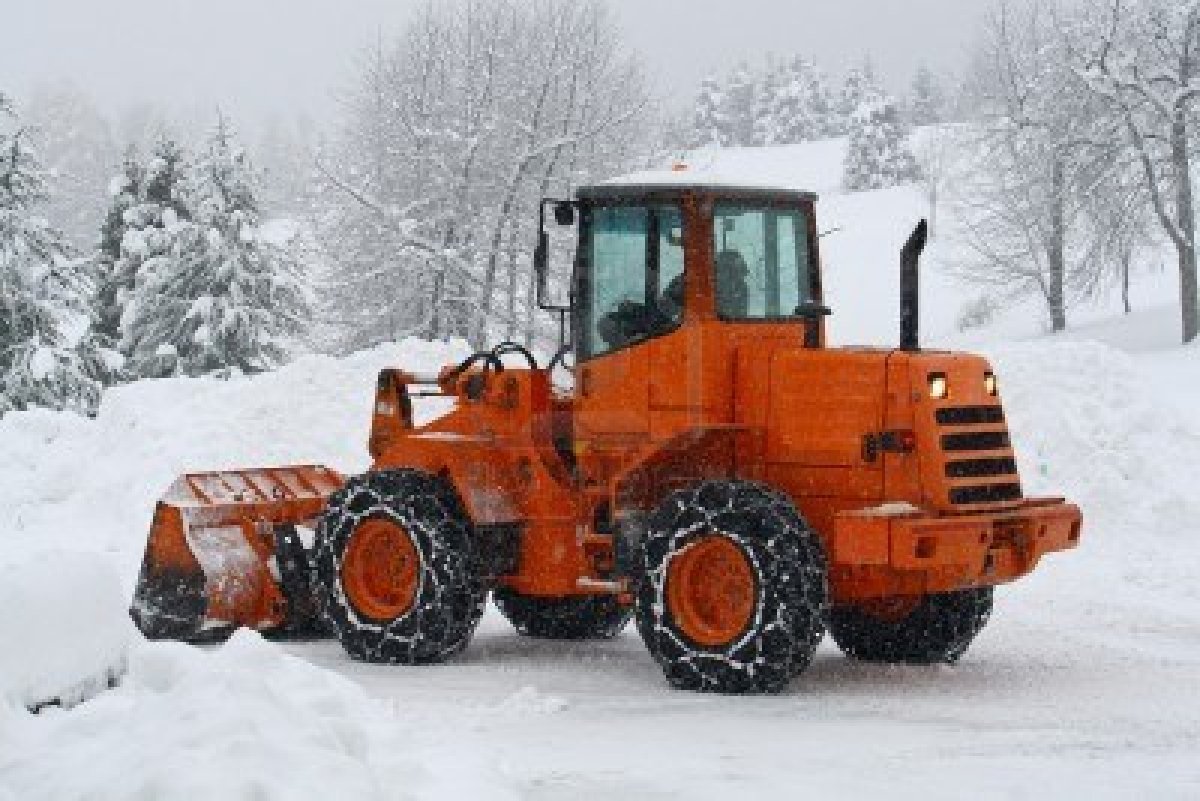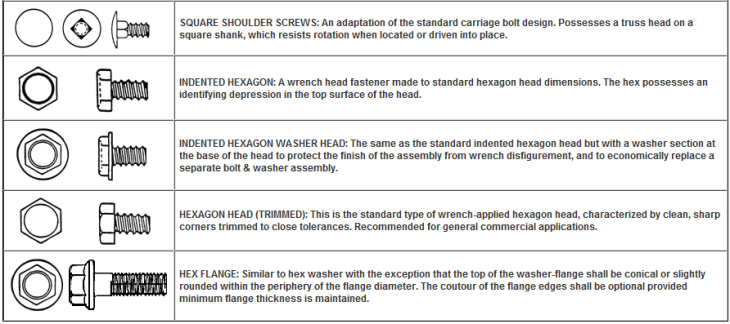The Mutual Screw Mantra
Mutual Screw holds hundreds of industries together
year after year through fair and foul weather.
Started in Manhattan in 1947,
eight decades later we’re a national hardware heaven!
Full service delivery right to the door
of your lumberyard, job site or hardware store.
A distributor and supplier of all major brands,
our products are made in America, not in Japan.
No complicated accounting or billing,
we’ll take care of it all if you’re willing
to stop buying from every supplier under the sun
because when it comes to hardware, you only need one.
We’re much more than screws, bolts and drill bits,
anchors, fasteners and ravishing rivets
stocked in stainless steel, bronze and brass,
the best of the present, future and past –
we also carry abrasives, brushes and dies,
we’re true one stop shopping for painting supplies.
In terms of metal masonry,
none compete with our deals
on filing, grinding and sharpening stones,
sanding belts and buffing wheels.
If you’re looking for lubricants for automotive parts,
Mutual Screw is the place to start.
From air conditioning accessories to diagnostic devices,
we stock so much, no one can compete with our prices!
We’ve got janitor carts for buckets and mops,
cleaners and disinfectants with spray bottle tops,
hand towel dispensers, buckets and brooms,
trash bags and trash cans for every room.
Our products are green, so they don’t hurt the earth,
protecting the environment improves everyone’s net worth.
Whenever handling hazardous equipment,
you need gloves that are chemical-and-cut-resistant.
Our gloves are made of neoprene, Kevlar and leather,
they’re even insulated for cold winter weather.
We’ve got gloves for welding, gloves for chores,
terry cloth electric liners and much much more.
Your personal safety is our utmost concern,
which is why we have kits for emergencies like burns,
and hard hats, safety signs, contaminant detectors,
dust masks, safety mats, hearing and eye protectors.
Mutual Screw has got more than you might think:
tools for tubs, faucets and sinks,
circular saw blades, concave milling cutters,
reamers and router bits like no other.
We’ve just scratched the surface of our inventory;
on our website, you can view its entire glory.
We aim for excellence at everything we do
to please our customers old and new
because whenever you choose Mutual Screw,
it’s beneficial to us and beneficial to you.

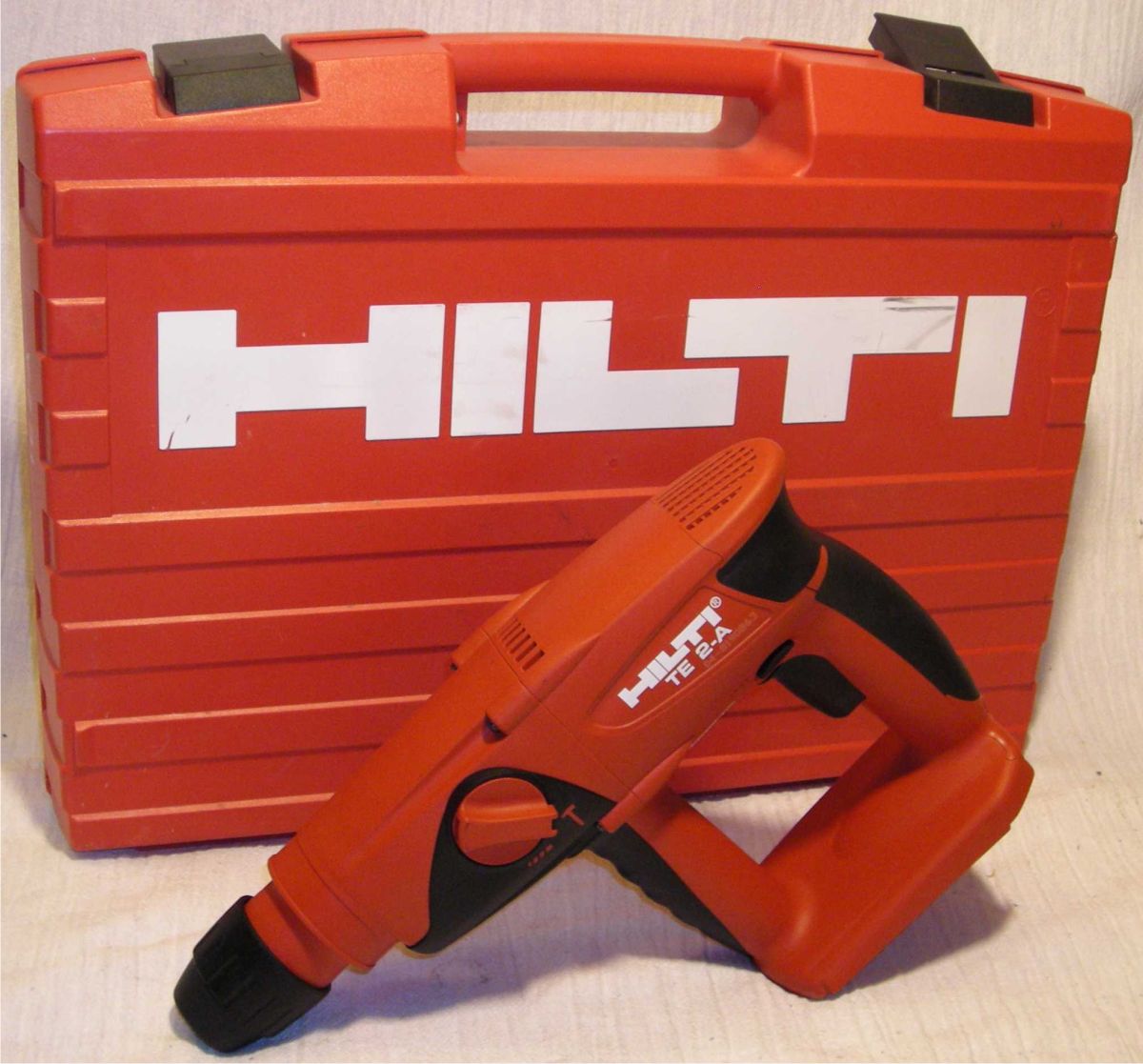
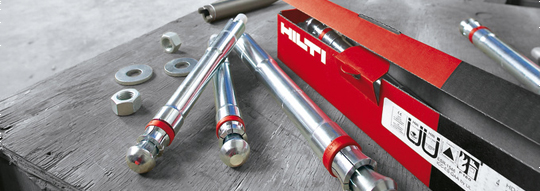
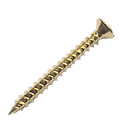 Now choosing the right type of fastener is necessary. You should select depending upon the type of your job. However, it can be bit complicated, as there is a huge variation, when it comes to materials, sizes, head styles, plated finishes and thread types. And if you’re thinking of going for a popular online store say Mutual Screw then twinfast screws are available in wide ranges. So you need to decide as per your basic requirements and then should go for a particular model. Buy
Now choosing the right type of fastener is necessary. You should select depending upon the type of your job. However, it can be bit complicated, as there is a huge variation, when it comes to materials, sizes, head styles, plated finishes and thread types. And if you’re thinking of going for a popular online store say Mutual Screw then twinfast screws are available in wide ranges. So you need to decide as per your basic requirements and then should go for a particular model. Buy 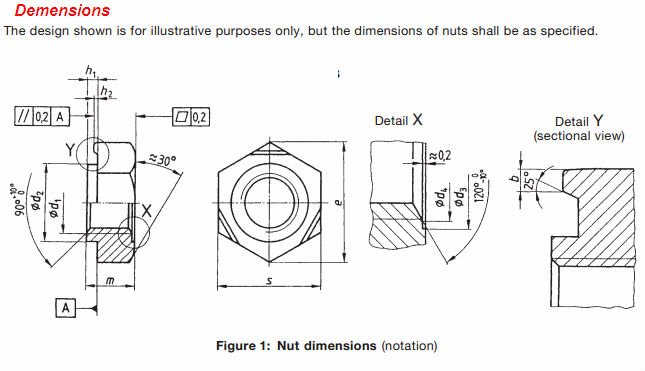


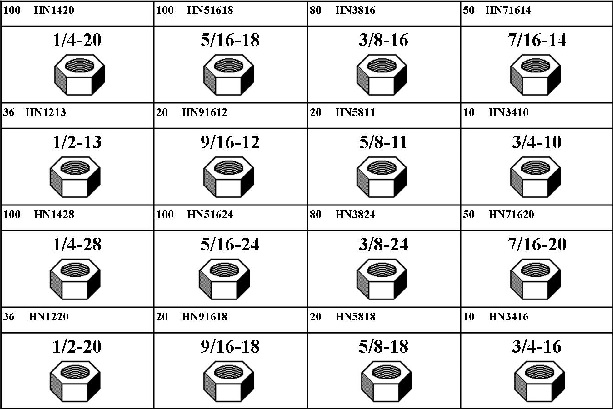
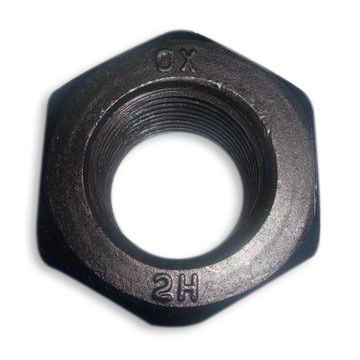
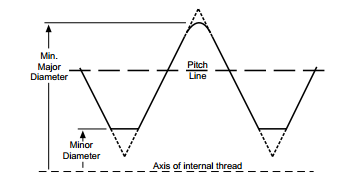
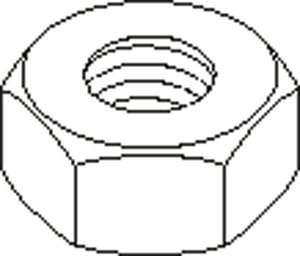

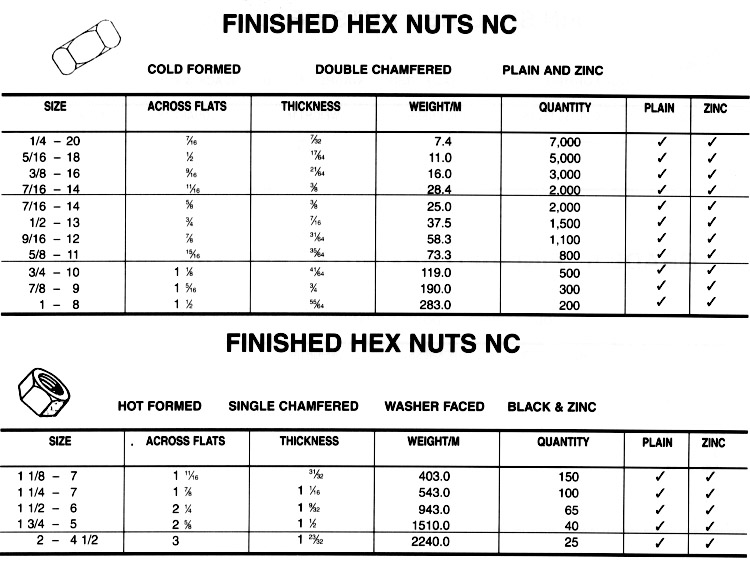

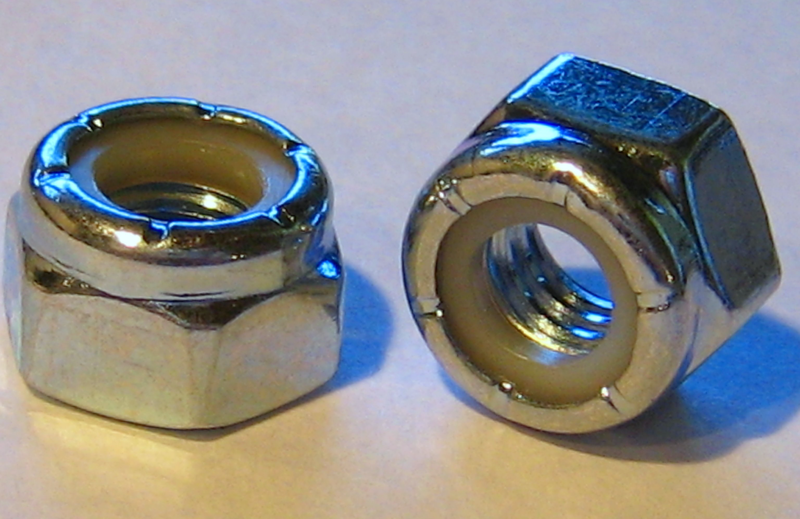
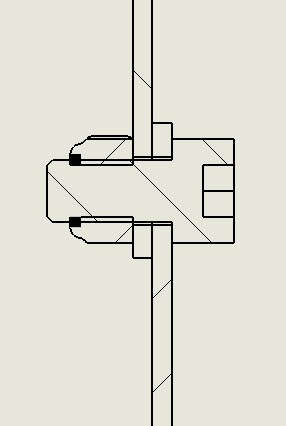
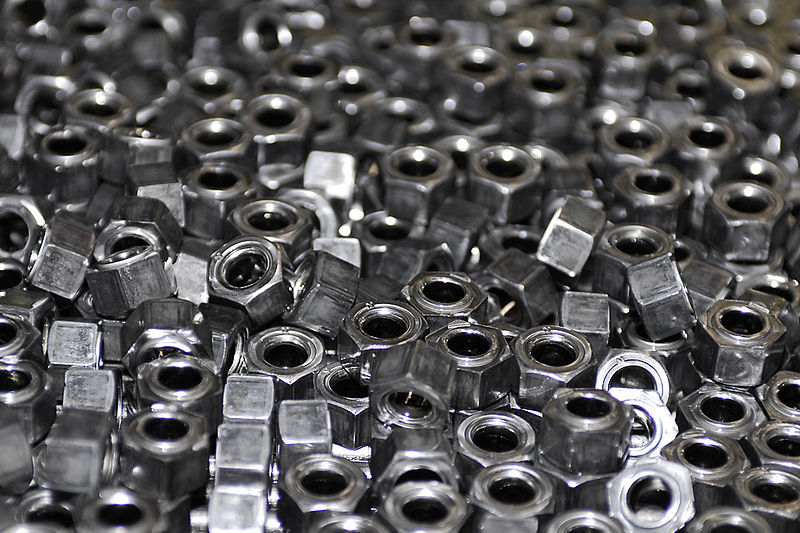
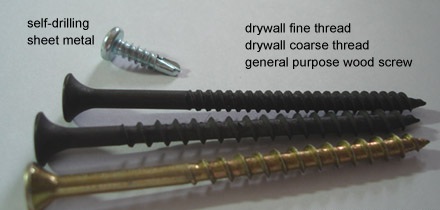
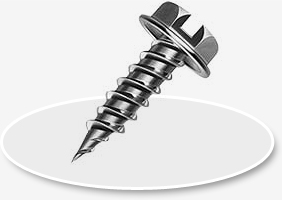
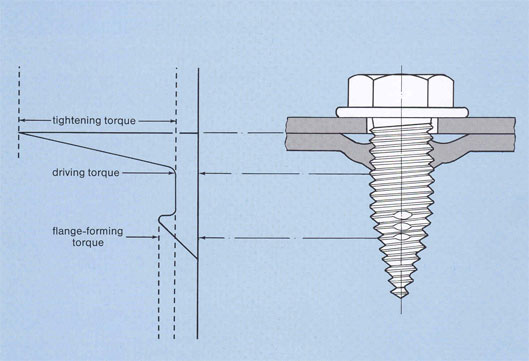
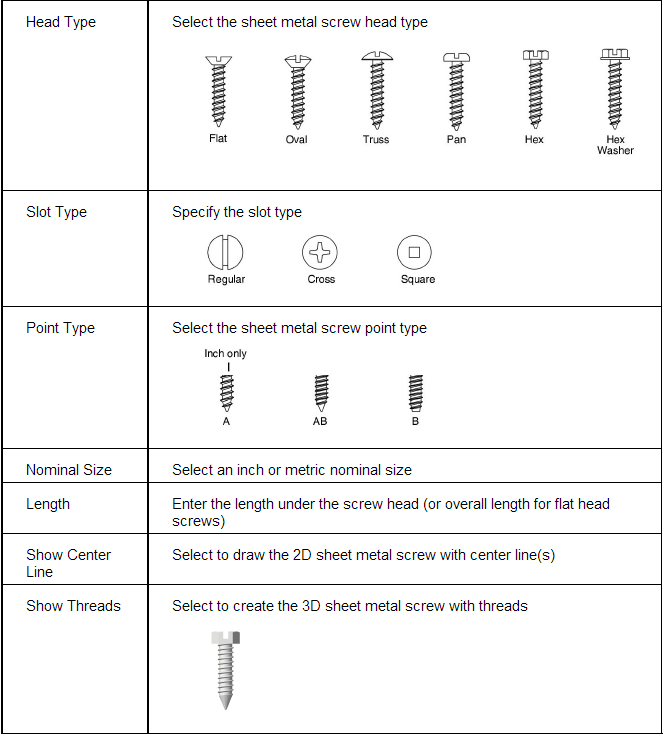
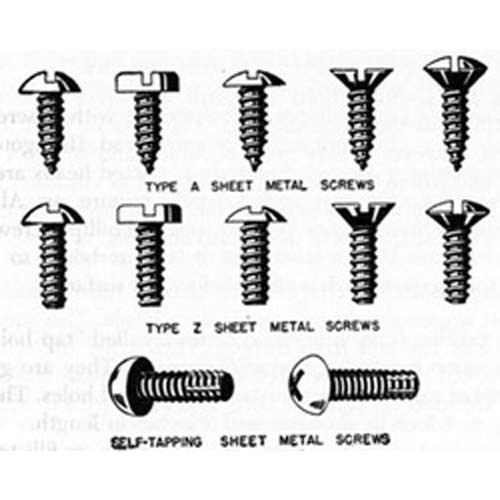

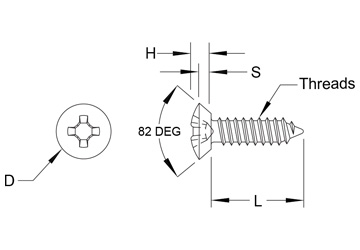
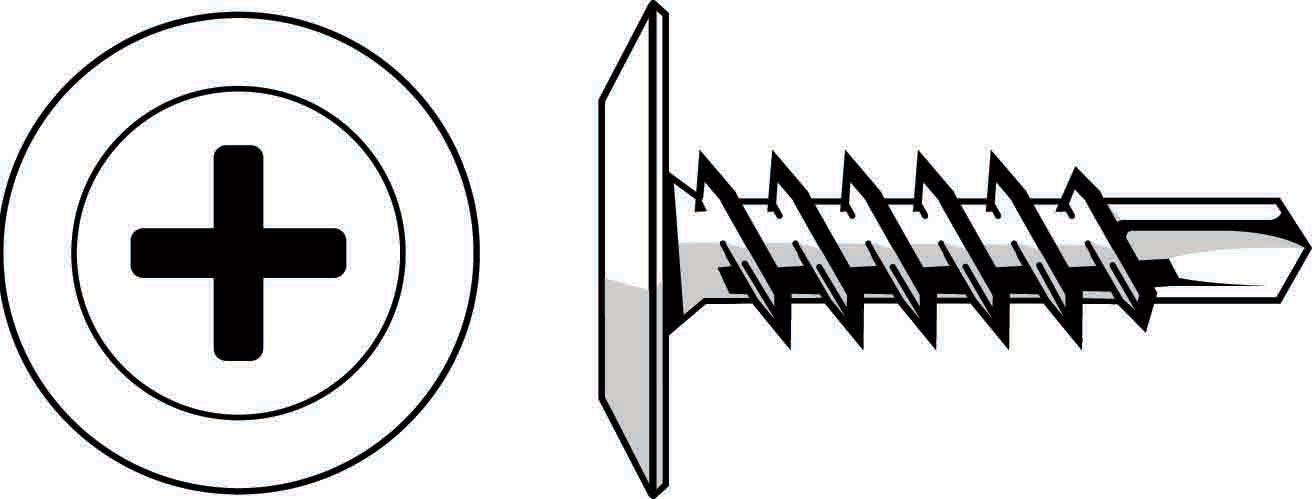


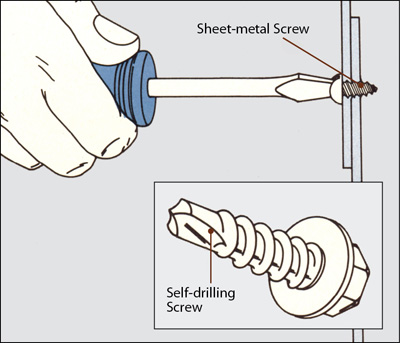
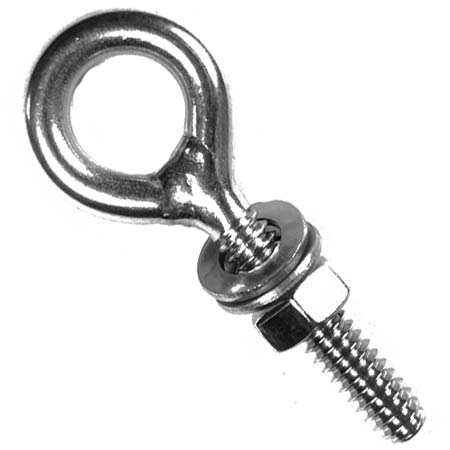 When you have got something to fix or any household task to do then you must be sure that you have got the appropriate tools. If your supply needs require an
When you have got something to fix or any household task to do then you must be sure that you have got the appropriate tools. If your supply needs require an 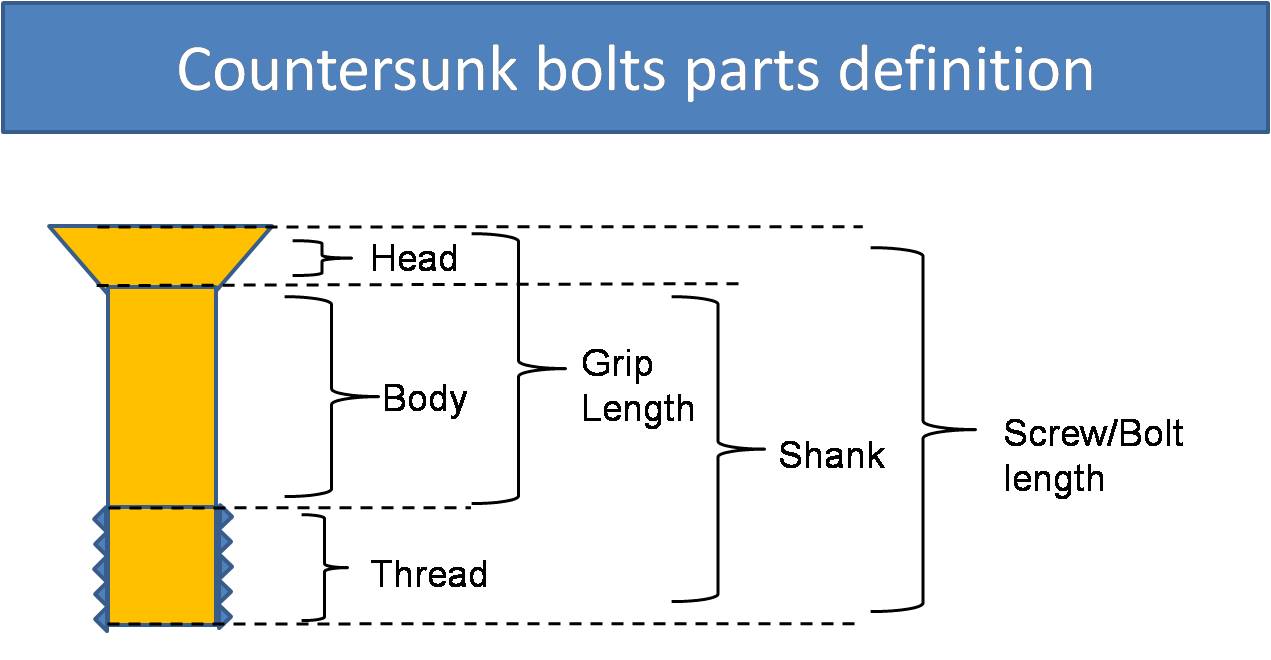

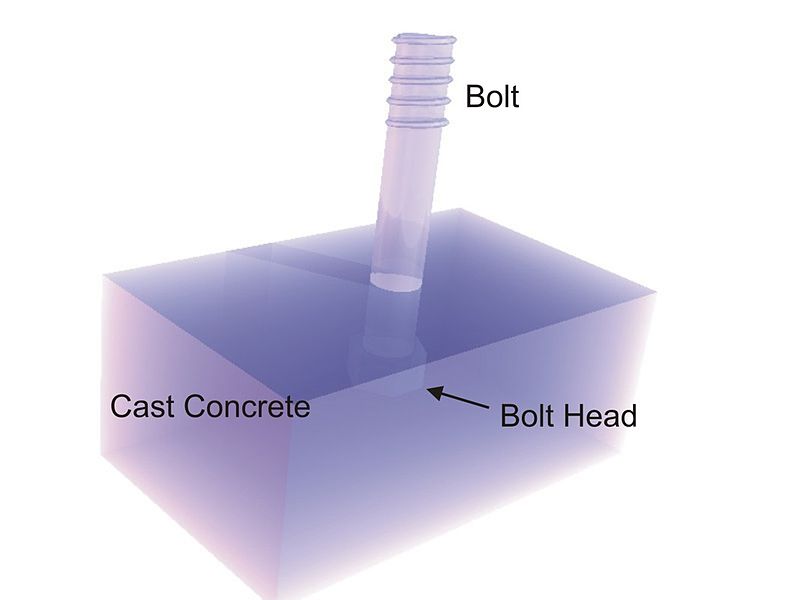
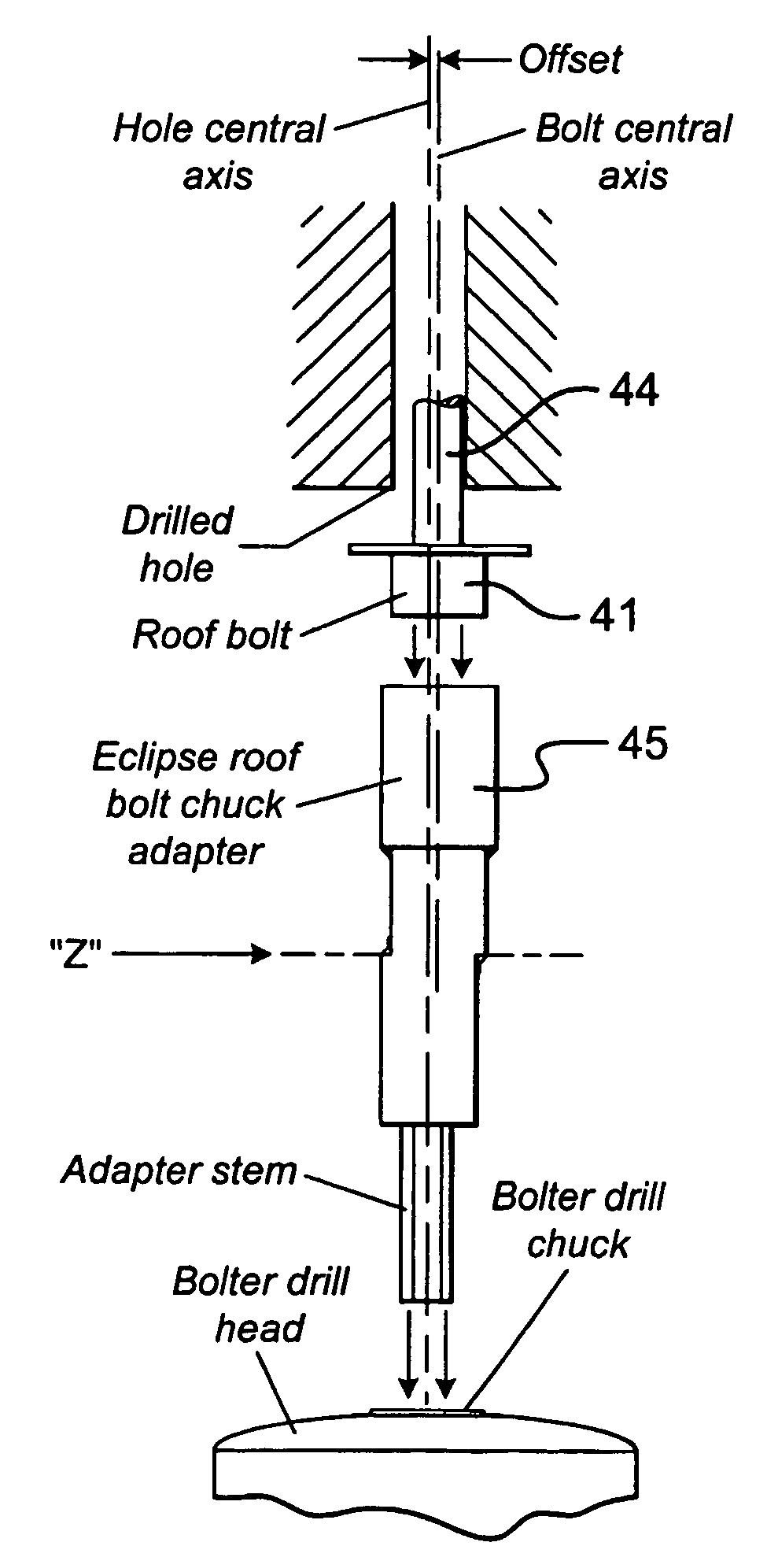
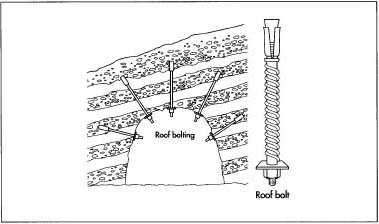
.png)
